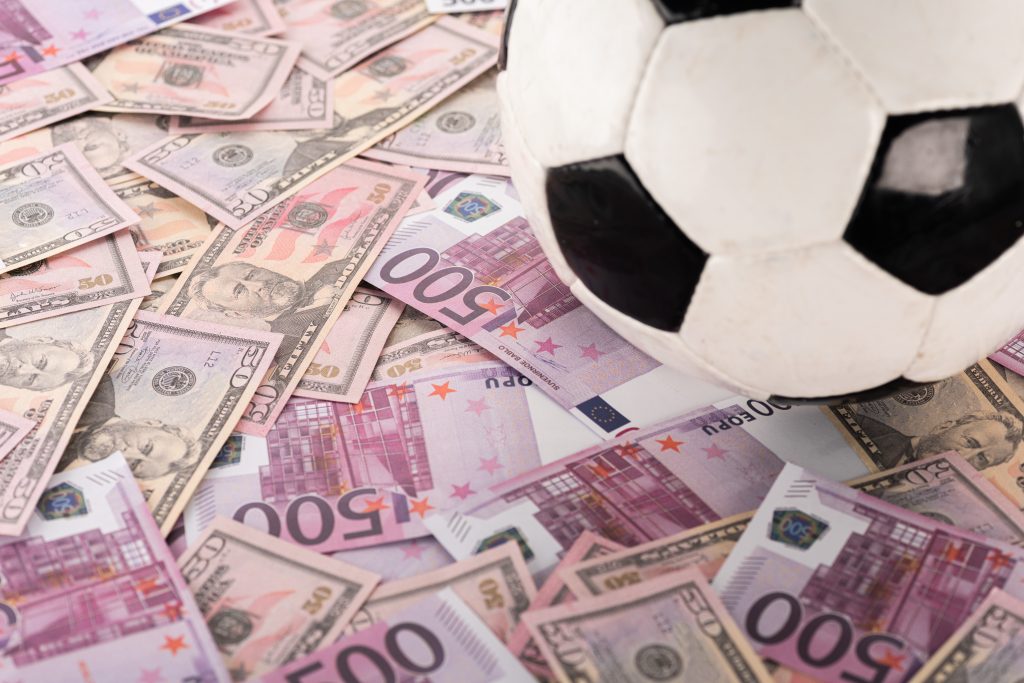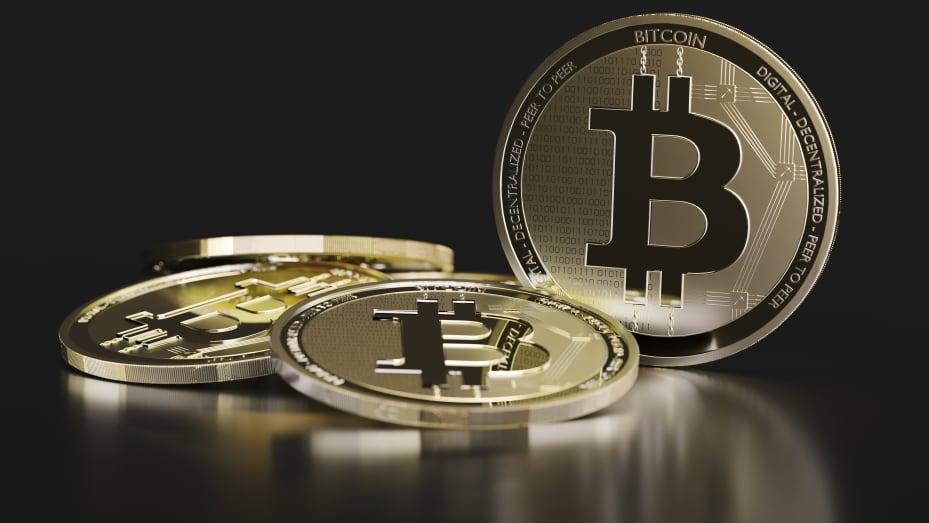Betting on sports and other events has become a popular pastime around the world. While many people enjoy the thrill of placing a bet and the possibility of winning money, there is a dark side to betting that cannot be ignored. Match-fixing and illegal gambling are two significant problems in the betting industry that threaten the integrity of sports and pose risks to individuals involved in the activity. In this blog post, we’ll explore what match-fixing and illegal gambling are, their impacts, the connection between the two, and efforts to combat them. It’s important to be aware of the dark side of betting and to understand the potential consequences of these practices.
What is match-fixing?
Match-fixing, also known as game-fixing, is the act of arranging the outcome of a sports event before it happens in order to benefit a particular individual or group. This can involve players, coaches, referees, or other individuals with influence over the outcome of the game. The purpose of match-fixing is often to gain a financial advantage through illegal gambling.
Match-fixing can take many forms, including bribing players or officials, manipulating the results of a game through strategic decisions, or intentionally losing or tying a game. It can happen in any sport, from football and basketball to cricket and tennis.
Match-fixing is considered a serious offense and is illegal in many countries. It undermines the integrity of sports and can damage the trust and confidence of fans. It can also have significant financial consequences for sports organizations, sponsors, and broadcasters.
The impact of match-fixing
The impact of match-fixing can be far-reaching and damaging, both to the sports industry and society as a whole. Here are some of the key impacts of match-fixing:
- Loss of integrity in sports: Match-fixing erodes the integrity of sports by creating an unfair advantage for those involved in the fix. This undermines the spirit of fair play and sportsmanship that are essential to the enjoyment of sports.
- Financial losses: Match-fixing can result in significant financial losses for gamblers, sports organizations, and others involved in the industry. If a game is manipulated to produce a certain outcome, it can cause significant losses for those who bet on the other team or for the sports organization that may lose sponsorships or face legal consequences.
- Negative impact on fans: Match-fixing can negatively affect fans’ trust in sports and damage their enjoyment of the game. It can lead to disillusionment and a decrease in fan interest, which can have significant financial consequences for sports organizations.
- Criminal activity: Match-fixing is often associated with criminal activity, including money laundering, fraud, and other illegal practices. This can have a broader impact on society, creating a culture of corruption and undermining the rule of law.
- Risk to individuals involved: Individuals involved in match-fixing, whether they are players, coaches, or others, face significant risks if they are caught. They can face legal consequences, including imprisonment and fines, and may be banned from participating in their sport or industry.
In short, match-fixing is a serious problem that threatens the integrity of sports and has significant consequences for those involved. It is essential that measures are taken to prevent and combat match-fixing in all its forms.

Illegal gambling
Illegal gambling is any form of gambling that is conducted outside of the legal framework set by regulatory authorities. This includes gambling activities that are not licensed or regulated by the government, as well as gambling that takes place in unlicensed locations or online platforms that operate outside the jurisdiction of the law.
Illegal gambling can take many forms, including traditional casino games, sports betting, and lottery games. The prevalence of illegal gambling varies by region and country, but it is a problem that exists in many parts of the world.
One of the main dangers of illegal gambling is that it is often associated with organized crime and other criminal activities. Individuals involved in illegal gambling may be subject to exploitation or violence from criminal organizations, and may be at risk of financial losses if the operation is shut down by law enforcement.
Another risk associated with illegal gambling is that the games may not be fair or transparent. Without oversight from regulatory authorities, there is no way to ensure that the games are being conducted fairly or that the outcomes are not being manipulated. This can lead to financial losses for participants and undermine the trust of the public in the gambling industry.
Finally, illegal gambling poses a risk to public health, particularly in cases where unregulated gambling venues or online platforms may not have adequate measures in place to promote responsible gambling. This can lead to individuals developing gambling addictions, which can have a range of negative consequences for their health and well-being.
Overall, illegal gambling is a significant problem that poses risks to individuals, society, and the gambling industry as a whole. It is essential that steps are taken to address illegal gambling and promote responsible gambling practices.
The connection between match-fixing and illegal gambling
Match-fixing and illegal gambling are often closely connected. The purpose of match-fixing is often to gain a financial advantage through illegal gambling. Individuals who engage in match-fixing may do so in order to influence the outcome of a game in a way that will benefit them or others who have placed bets on the game.
Illegal gambling provides a means for individuals involved in match-fixing to profit from their actions. They can place bets on the outcome of the game, knowing that the result has been predetermined, and make a profit when the outcome is in their favor. In some cases, criminal organizations may be involved in both match-fixing and illegal gambling, using their networks to manipulate games and profit from the bets placed on them.
The connection between match-fixing and illegal gambling undermines the integrity of sports and the gambling industry. It creates an uneven playing field for those who participate in legal gambling activities, and it can lead to financial losses for individuals who have placed bets on games that have been fixed.
In addition to the risks to individuals, match-fixing and illegal gambling can have broader consequences for society. They can contribute to a culture of corruption, undermine the rule of law, and have a negative impact on the public’s trust in sports and the gambling industry.
Overall, the connection between match-fixing and illegal gambling highlights the importance of combating both practices. Regulatory authorities, law enforcement agencies, and sports organizations must work together to prevent and detect match-fixing and illegal gambling, and to promote transparency and integrity in the gambling industry.
Efforts to combat match-fixing and illegal gambling
Efforts to combat match-fixing and illegal gambling have increased in recent years, as the negative impacts of these practices have become more apparent. Here are some of the key strategies that have been employed to combat match-fixing and illegal gambling:
- Regulatory frameworks: Many countries have introduced regulatory frameworks for the gambling industry, which aim to promote transparency, fairness, and responsible gambling. These frameworks often include licensing and oversight of gambling operators, as well as measures to prevent money laundering and other criminal activities.
- International cooperation: Match-fixing and illegal gambling are often transnational in nature, which means that international cooperation is essential for combating these practices. International organizations such as the International Olympic Committee (IOC) and the United Nations Office on Drugs and Crime (UNODC) have taken steps to promote international cooperation and coordination in this area.
- Education and awareness-raising: Educating the public about the risks of match-fixing and illegal gambling is an important part of preventing these practices. Sports organizations, gambling operators, and regulatory authorities have launched public awareness campaigns to educate the public about the dangers of match-fixing and illegal gambling.
- Technology solutions: Technology can be used to detect and prevent match-fixing and illegal gambling. For example, data analytics and artificial intelligence can be used to identify unusual patterns in betting behavior, which may be indicative of match-fixing. Blockchain technology can also be used to provide greater transparency and security in the gambling industry.
- Law enforcement: Law enforcement agencies play a critical role in combating match-fixing and illegal gambling. They can investigate and prosecute those involved in these practices, and work with regulatory authorities and sports organizations to prevent future occurrences.
Overall, combating match-fixing and illegal gambling requires a multi-pronged approach that involves regulatory frameworks, international cooperation, education and awareness-raising, technology solutions, and law enforcement efforts. By working together, it is possible to promote transparency and integrity in the gambling industry and prevent the negative impacts of match-fixing and illegal gambling.
Conclusion of the dark side of betting
Match-fixing and illegal gambling pose significant risks to individuals, society, and the gambling industry as a whole. The connection between these practices undermines the integrity of sports and gambling, creates an uneven playing field, and contributes to a culture of corruption.
However, efforts to combat match-fixing and illegal gambling are underway. Regulatory frameworks, international cooperation, education and awareness-raising, technology solutions, and law enforcement efforts are all being used to prevent and detect these practices.
It is essential that these efforts continue and are strengthened in the years ahead. By promoting transparency, fairness, and responsible gambling practices, we can help to prevent the negative impacts of match-fixing and illegal gambling and ensure that sports and gambling remain enjoyable and safe for all.



